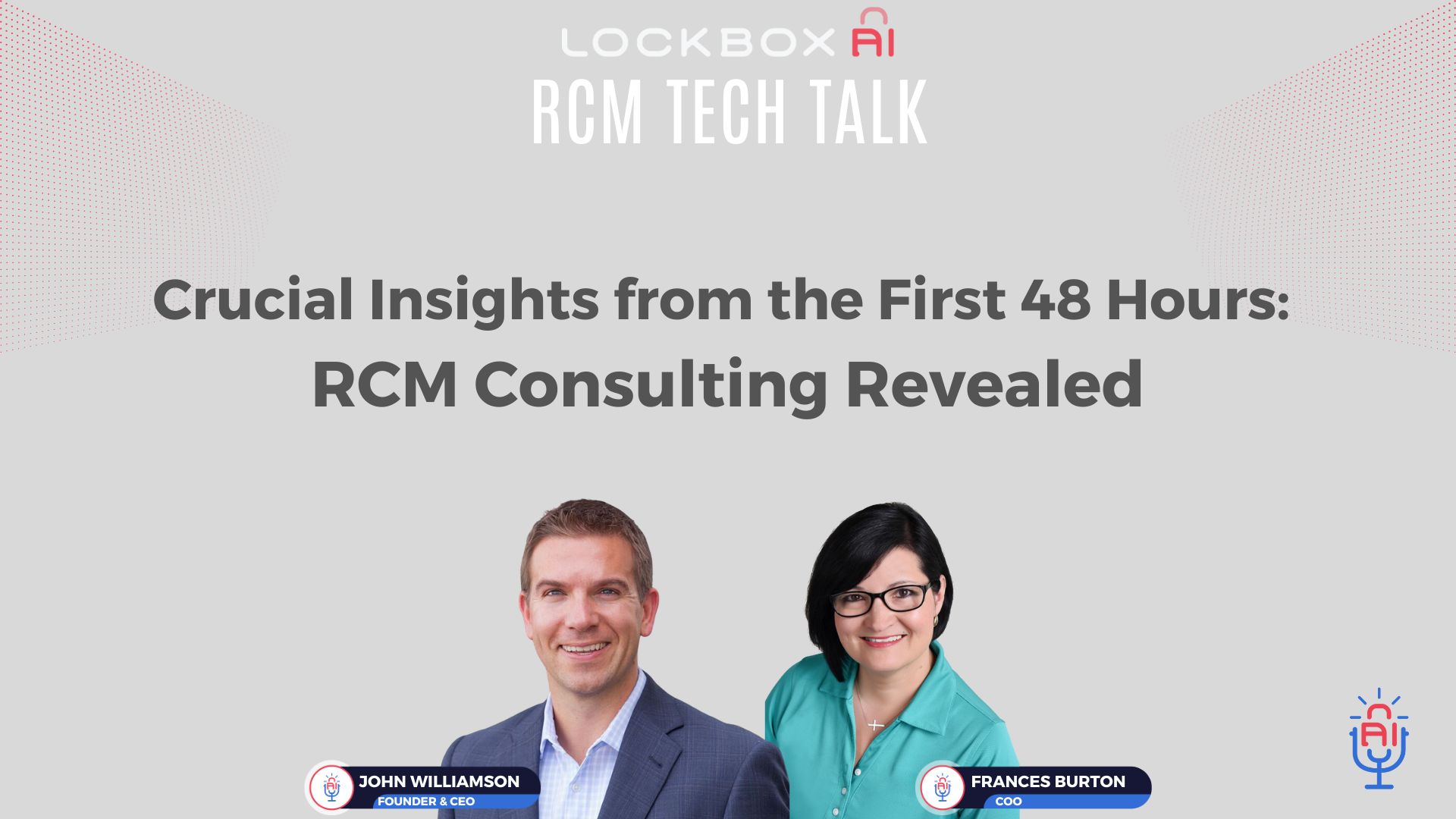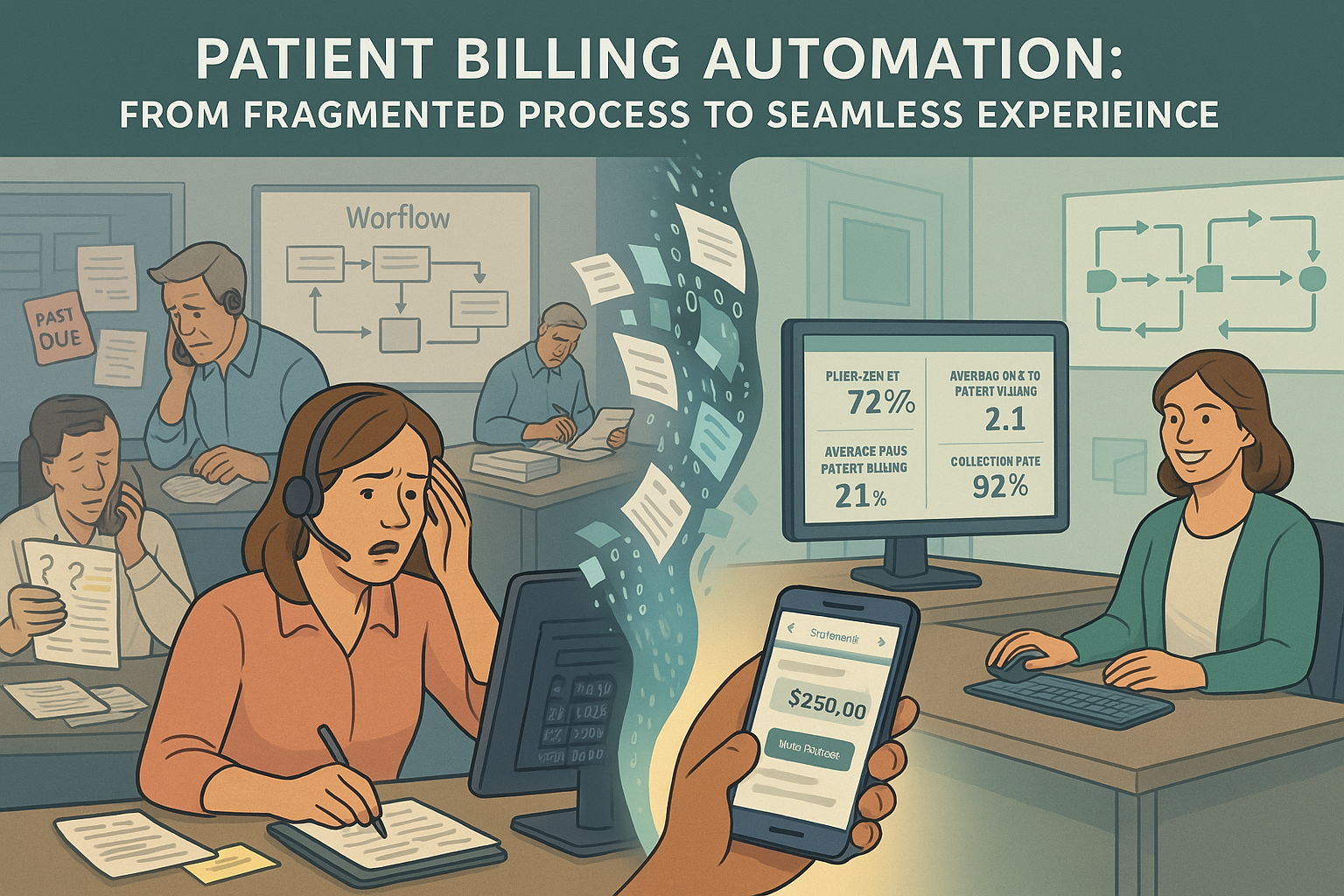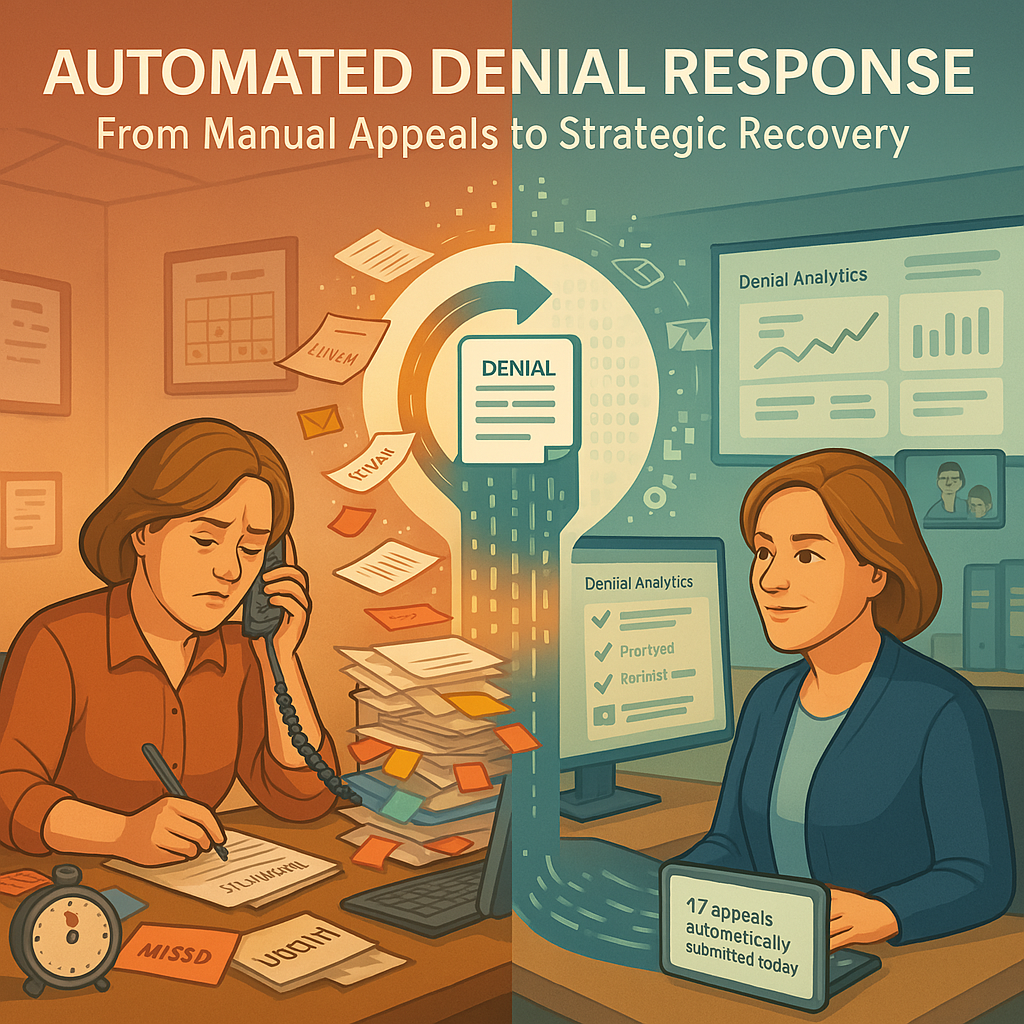Crucial Insights from the First 48 Hours: RCM Consulting Revealed
In the world of Revenue Cycle Management (RCM), the first 48 hours on-site as a consultant are critical. These initial hours often reveal not just the obvious issues that led to the consultant’s involvement, but deeper, more systemic problems that hinder the financial health of healthcare organizations. This interview sheds light on the realities of RCM consulting, exploring common challenges and strategies employed to bring about effective change.
Why Bring in an RCM Consultant?
Healthcare organizations often reach a breaking point before deciding to call in an RCM consulting expert. The typical scenario involves concerns about cash flow—something isn’t working, and the problem is frequently assumed to lie within the billing department. Whether it’s a debate over outsourcing billing or bringing it back in-house, these decisions are usually driven by financial distress.
However, within just 48 hours on-site, it often becomes clear that the issues extend beyond what executives initially perceive. These early observations are crucial in setting the stage for a thorough and effective RCM consulting intervention.
The First 48 Hours: Key Observations
Several common issues frequently emerge during the initial site visits, regardless of the size or specialty of the practice:
The Human Aspects: Confronting Fear and Resistance in RCM Consulting
The arrival of a consultant is rarely greeted with enthusiasm. More often, it triggers a mix of fear, resentment, and anxiety among staff. Employees might worry that the consultant’s presence means that drastic changes are coming, potentially exposing weaknesses or leading to job losses. The emotional tension in the room is palpable, as the consultant is often perceived as a disruptor of the status quo. Addressing these emotions and establishing trust quickly is essential to gain cooperation and set the stage for meaningful improvements through RCM consulting.
Executives versus the Team: Bridging the Disconnect
One of the most glaring issues uncovered during the initial RCM consulting assessment is the disconnect between what executives believe is happening and the reality experienced by frontline workers. Executives often operate under assumptions that are disconnected from the day-to-day challenges faced by their teams. This misalignment can lead to misguided decisions that further exacerbate existing problems. Bridging this gap requires clear communication and a mutual understanding of the organization’s true pain points, ensuring that all parties are aligned and moving toward the same goals.
Outdated Systems and Workflows: Breaking Free from the Past
A persistent issue in many healthcare organizations is the reliance on outdated Electronic Health Record (EHR) systems and antiquated workflows. While these systems might have been state-of-the-art when first implemented, they often fail to keep pace with the evolving needs of the billing office. As a result, staff are forced to patch together temporary fixes, layering additional tools and processes on top of a system that is no longer fit for purpose. This band-aid approach leads to inefficiencies, frustration, and ultimately, a negative impact on financial performance. RCM consulting can help identify and modernize these outdated systems and workflows.
The Frontline: The Ripple Effect of Inadequate Processes for RCM Consulting
The frontline is where the revenue cycle truly begins, and the accuracy and efficiency of processes like patient registration and insurance verification are critical. However, during the first 48 hours on-site, it often becomes clear that these crucial tasks are not being handled with the necessary care or precision. Whether due to inadequate training, lack of resources, or simple oversight, the flaws at the frontline level create a ripple effect that can severely undermine back-end operations. The result is an increase in claim denials, delayed payments, and a troubling decline in cash flow. RCM consulting can play a key role in refining these frontline processes to improve overall outcomes.
Looking Ahead
The first 48 hours of an RCM consulting visit provide crucial insights that can set the stage for transformative change within any healthcare organization. By addressing the human elements, bridging gaps between executives and teams, modernizing outdated systems, and refining frontline processes, organizations can begin to see a clear path to improved financial health. Stay tuned as we dive deeper into each of these topics in our upcoming series, where we’ll explore actionable strategies and practical examples to help you optimize your revenue cycle management through effective RCM consulting.










